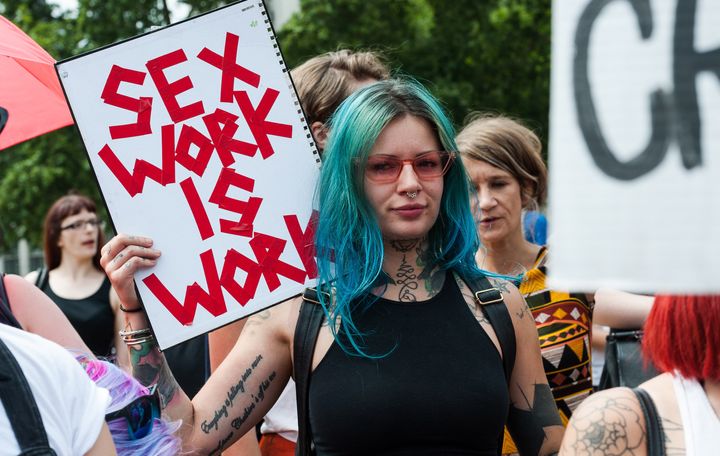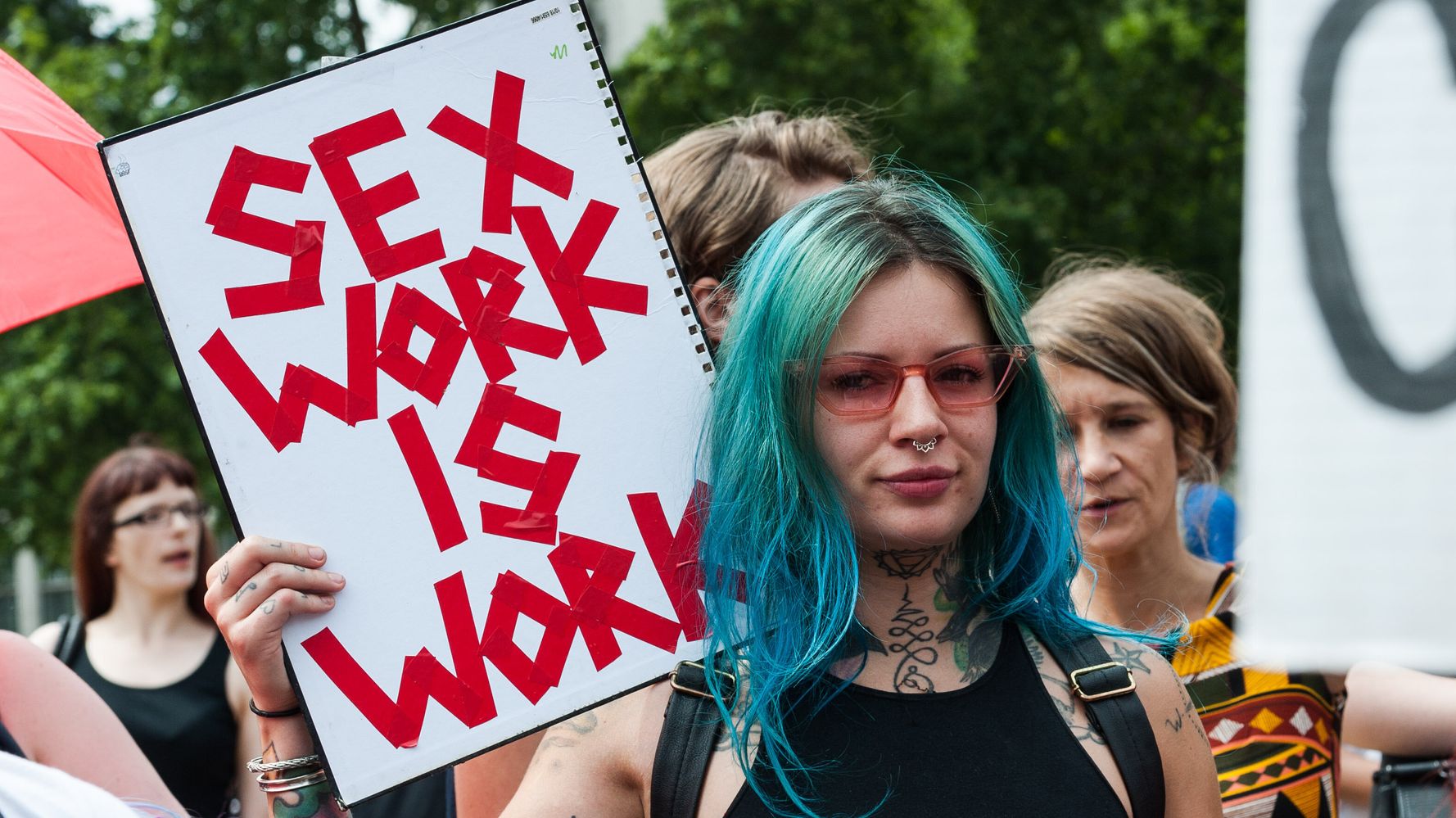[ad_1]
Congress rarely passes major legislation with a bipartisan vote, but last year both parties agreed that sex work should no longer be promoted online. Experts and sex workers themselves warned that punishing sites that host prostitution ads would force the industry into dangerous shadows, but Congress ignored them.
Now several progressive members of the Senate and House want the federal government to track the damage that followed the passage of the Stop Enabling Sex Traffickers Act (SESTA) in the Senate and the Allow States and Victims to Fight Online Sex Trafficking Act (FOSTA) in the House last year.
Reps. Ro Khanna (D-Calif.) and Barbara Lee (D-Calif.), as well as Sens. Elizabeth Warren (D-Mass.) and Ron Wyden (D-Ore.), introduced legislation on Tuesday afternoon that would require the Department of Health and Human Services to conduct the first comprehensive study on the health and safety of sex workers across the country. The Safe Sex Workers Study Act would collect data on the violence sex workers have faced since SESTA/FOSTA was signed into law in April 2018.
“We passed these laws without even considering [consensual sex workers’] voices. They didn’t get to testify in Congress. They didn’t get to meet the authors or members of Congress and share their perspectives,” Khanna said in a video published Tuesday announcing the legislation.
“This bill has criminalized websites and forced many sex workers onto the street,” he added. “They’re facing increased violence, increased sexual assault and they’re less safe because they can no longer screen potential clients online.”
If the Safe Sex Workers Study Act is passed, Heath and Human Services would be required to report back to Congress with its findings one year after the date of enactment.

SESTA/FOSTA targets websites like Craigslist and the personal classifieds platform Backpage.com for their sex work advertisements. The government seized and shut down these sites in hopes of stopping predators from trafficking victims, often underage, into the sex trade.
The legislation, which retained the FOSTA acronym after passing, has been criticized by many sex workers and advocates because it conflates voluntary sex work with victims trafficked into the work. Though the law aims to stop sex trafficking, it puts voluntary and survival sex workers at a greater risk because it makes it harder for them to use websites to advertise, screen clients and protect their own identities. The most marginalized groups (people of color, LGBTQ people, disabled people and low-income people) are possibly the most dangerously affected by the changes implemented by SESTA/FOSTA.
[Sex workers] are facing increased violence, increased sexual assault, and they’re less safe because they can no longer screen potential clients online.
Rep. Ro Khanna (D-Calif.)
Anecdotal evidence from sex workers and advocates reveals that the initial warnings about SESTA/FOSTA were warranted.
Kendall, a 21-year-old escort from Los Angeles, told HuffPost last year that she fears for her safety all the time in the wake of SESTA/FOSTA.
“You have to consider, for many this is our livelihood ― and it is being ripped away from us as if we are not even human beings and not worthy of equal protection,” she said. “They want us out of sight, underground, dead or in the streets easy to arrest.”
Jean Bruggeman, executive director of Freedom Network USA, an advocacy group that supports victims of human trafficking, believes that legislation to protect trafficked victims should also take into account voluntary sex workers.
“We believe that policies to prevent sex trafficking should also be designed to avoid harming sex workers,” she told HuffPost.
Critics also argue that the legislation will push both sex trafficking and voluntary sex work further underground, which would put both groups in even more danger.
“A comprehensive study is essential to evaluate the impact on the health and safety of those involved in consensual, transactional sex, who are increasingly losing access to digital platforms, which have been used for harm reduction information and techniques, and to screen clients,” the Safe Sex Workers bill says. “Informed government policies begin with seeking out relevant information to better guide our actions moving forward.”
Warren, a co-sponsor of the bill, said in a Tuesday statement that lawmakers “are responsible for examining unintended consequences of all legislation,” including the effect SESTA/FOSTA has had on voluntary sex workers’ ability to keep themselves safe.
Alex Corona, a member of the board of directors of Sex Worker Outreach Project-USA, a sex work decriminalization group that helped draft the Safe Sex Workers Study Act, said the bill is integral for “sex workers trying to stay alive and safe” in a post-SESTA/FOSTA world.
“Once a national study is completed, legislators will understand that SESTA/FOSTA has had the most harmful effects on already marginalized populations who engage in sex work as a means of survival,” Corona told HuffPost.
“The consequences of these bills have hurt our sex worker community, driven them to more dangerous offline avenues and pushed back our movement for sex workers rights,” she added. “This study will be a good step forward in correcting some of these wrongs or at least highlighting the damage already done to our already vulnerable sex worker community.”
Calling all HuffPost superfans!
Sign up for membership to become a founding member and help shape HuffPost’s next chapter
[ad_2]
Source link

